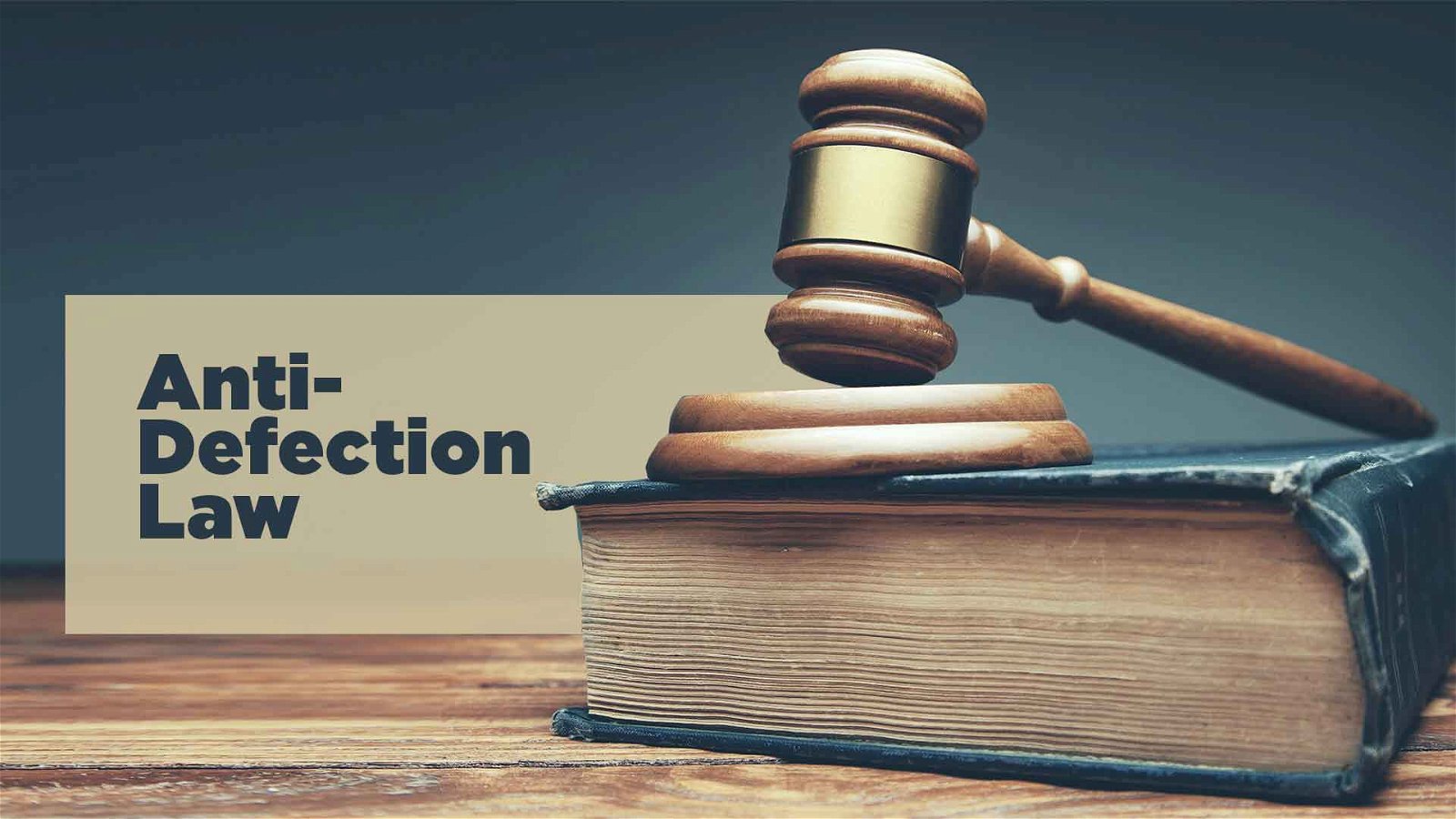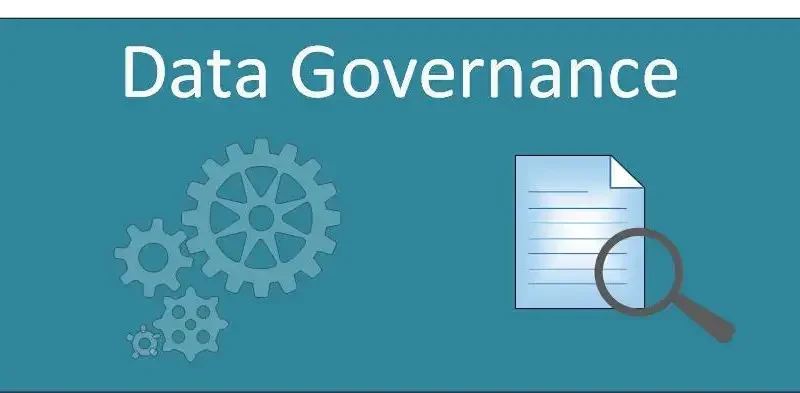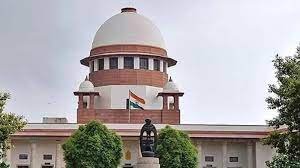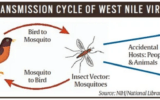
SC’s Stand on Stay Order
Subscribers of "Current Affairs" course can Download Daily Current Affairs in PDF/DOC
Subscribe to Never Miss an Important Update! Assured Discounts on New Products!
Must Join PMF IAS Telegram Channel & PMF IAS History Telegram Channel
- Context (TH I IE I IE): A Constitution bench of the SC overturned a 2018 ruling saying that the SC bench from 2018 did not have the power to set a time limit for vacating stay order.
What is the Stay Order?
- An interim stay order is a temporary measure to halt or defer the use of a property or land until a verdict is reached.
- It serves as a protective action taken by the court or legal authorities in India to secure the rights of a citizen.
- It may lead to the suspension of an entire case or the suspension of specific proceedings within an ongoing case.
- A judge may issue a stay order without formal prompting from the opposing party, emphasising its importance in critical developments.
Interim order
Guidelines issued by the SC for interim relief
|
Nature of Stay Order
- Stay orders can be classified into two types:
- ‘Stay of proceedings’ and
- ‘Stay of execution.’
- A stay of proceedings is issued when parallel proceedings may impact each other.
- On the other hand, a stay of execution involves a complete halt to the enforcement of a judgment, typically in cases where innocence is asserted, leading to a pardon.
- Stay orders can be conditional or absolute.
When a stay order is granted?
- The procedure for obtaining a stay order from the HC is the same as for any lower Court.
- Every Court has inherent authority to stay proceedings in any action where the plaintiff is in default or has disobeyed any lawful order of the Court.
- Any other Court may issue a precept to the HC, which is then ‘competent to execute such decree to attach any property belonging to the judgment-debtor and specified in the precept’.
What the 2018 bench ruled in the Asian Resurfacing case?
- In 2018, a three-judge bench was deciding a batch of cases involving the Prevention of Corruption Act.
- The SC passed several directions with regard to stay orders to address the big problem of undue delays in trials plaguing the criminal justice system applicable to both civil and criminal matters-
- Grant of stay invariably delays the trial, irrespective of which side benefits from it.
- SC held that interim orders of stay at the HC and Civil Court level would be only valid for six months unless, in exceptional cases, a speaking order extends the stay.
- At the end of this period, they will automatically be rescinded or “vacated”.
- The speaking order granting an extension must show that the case was of such an exceptional nature that continuing the stay was more important than having the trial finalised.
- The trial court may fix a date not later than 6 months from the date of the stay order.
Grounds for vacating the interim relief
|
What was the impact of the 2018 ruling?
- As anticipated, with the 2018 ruling, several trials on stay virtually rose in numbers without notice.
- Trial courts suddenly started issuing non-bailable warrants for not appearing before the Court.
- This ruling led to the various questions as follows:
- Can the SC, under Article 142 of the IC, order the automatic vacation of all interim orders of the HC of staying proceedings of civil and criminal cases on the expiration of a certain period?
- Can the SC, under Article 142 of the IC, direct the HCs to decide pending cases in which interim orders of stay of proceedings have been granted on a day-to-day basis and within a fixed period?
|
On what grounds has the 2018 ruling been undone?
- Asian Resurfacing judgment infringes on the discretion afforded to HCs to decide applications for vacation of stay orders under Article 226(3) of the IC.
- The constitutional courts should refrain from laying down precise timelines for deciding cases.
- Discretion of lower Courts: Lower Courts must be afforded discretion as they are more aware of “grassroots issues”.
- Caseload dynamics: The courts often have different patterns when it comes to their pending caseload, and so the concerned court is best placed to decide which cases to prioritise.
- The bench in the Asian Resurfacing case did not have the power to set a six-month time limit for vacating stay orders.
- The bench in Asian Resurfacing had invoked Article 142.
- Separation of Power: Only the legislature has the power to decide if a category of cases should be decided within a specific amount of time.
- The court said that the six-month time limit would amount to court-created legislation, which is impermissible.
- Prevents injustice: It recognises the need for flexibility and acknowledges that imposing precise timelines for deciding cases can sometimes lead to injustice.
- Automatically vacating a stay order after six months would, in fact, “defeat justice”
- Didn’t achieve the goal– The 2018 judgment did not achieve its goal of reducing case pendency and ensuring speedy disposal of matters.
About Article 226(3)
- Article 226(3) of the IC already provides a two-week time limit for High Courts to consider an application for the vacation of an interim order.
- If the application is not disposed of within those two weeks, Article 226(3) provides that the interim order will be vacated.
- It is pointed out that this essentially provides a process for automatically vacating a stay order, so long as an application is filed in the first place.





![PMF IAS Environment for UPSC 2022-23 [paperback] PMF IAS [Nov 30, 2021]…](https://pmfias.b-cdn.net/wp-content/uploads/2024/04/pmfiasenvironmentforupsc2022-23paperbackpmfiasnov302021.jpg)











